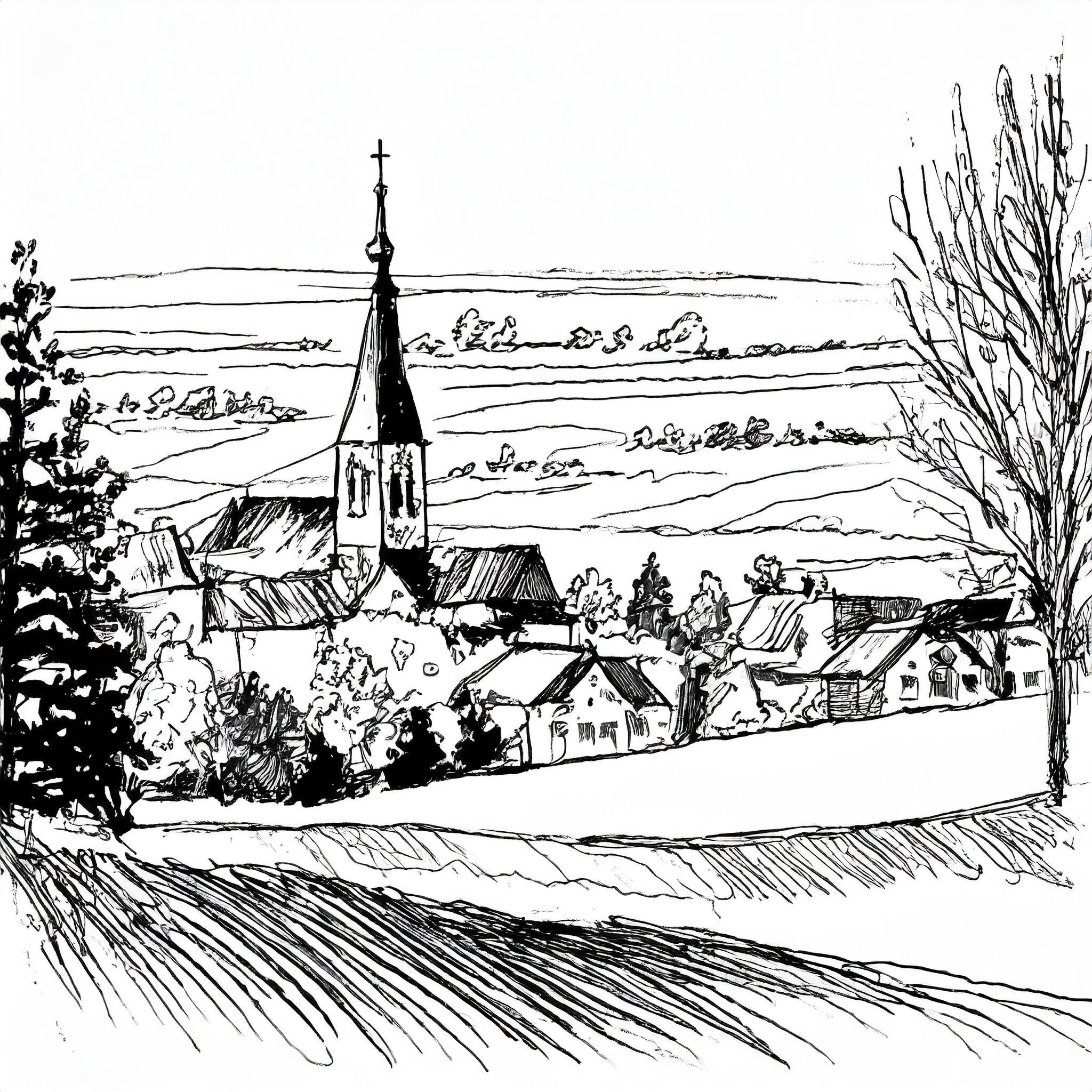Our new home was truly the end of the world. The inhabitants probably only noticed that the war was over because so many refugees came to the village and the secret military post at the top of the village hill was no longer staffed.
This post has been moved. Please follow us on Medium to read and/or listen (!) to it in full.
This is a supporter-funded publication. To receive new contributions and promote my work, become a subscriber:
